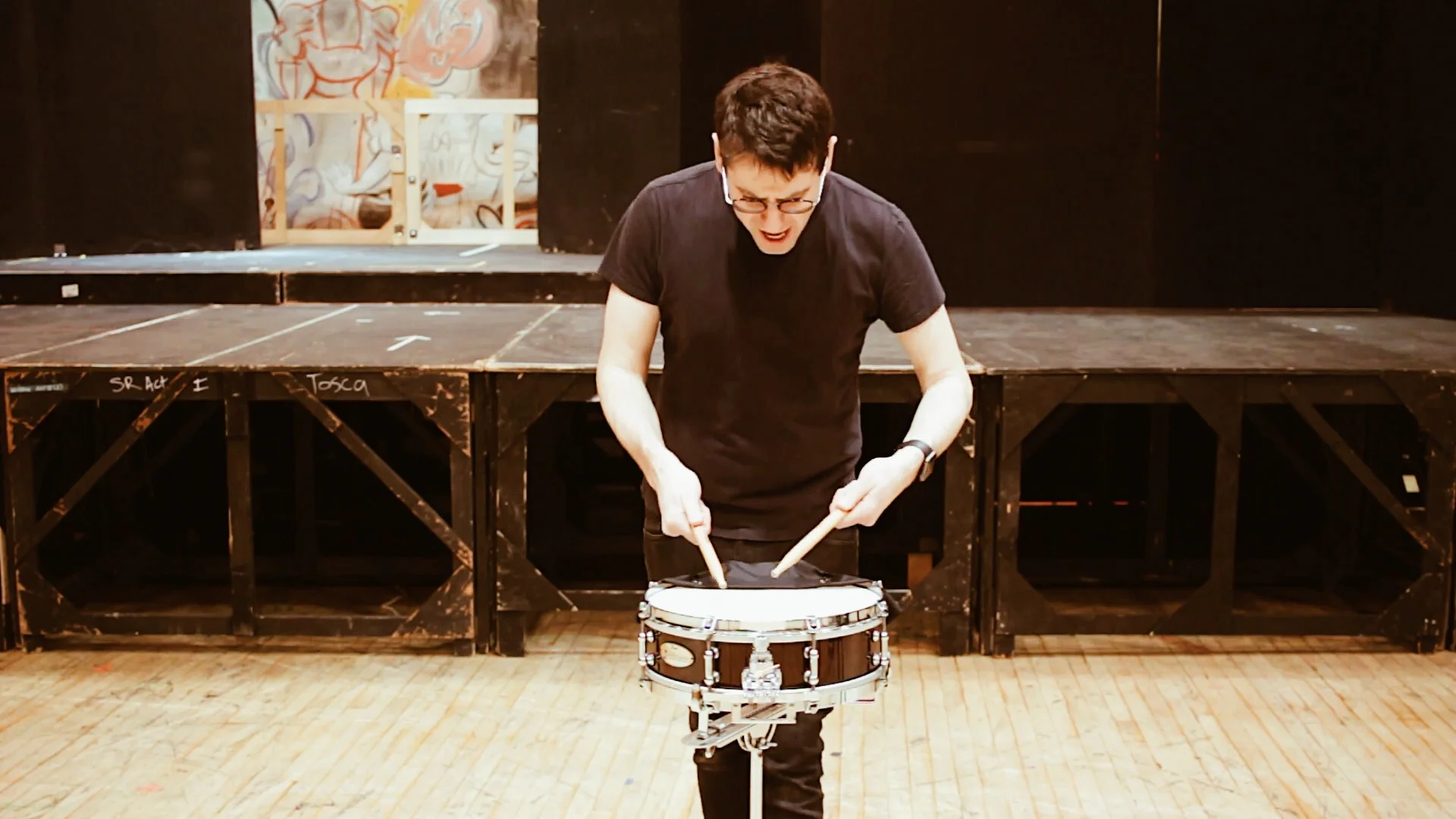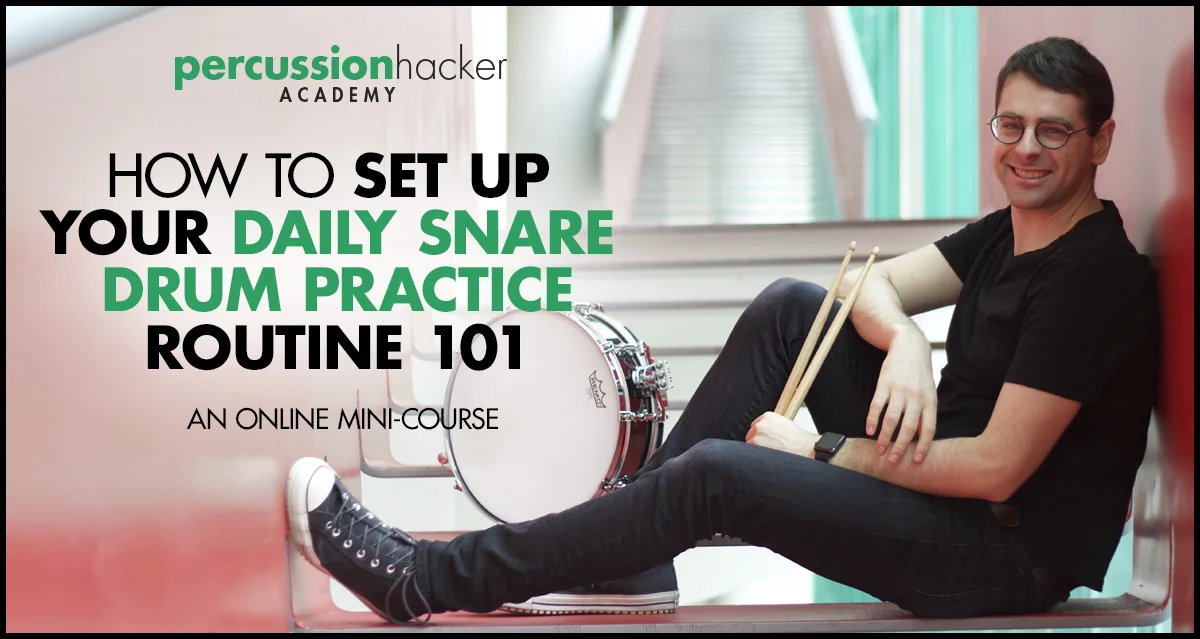my goal is simple: to help you learn to be a better percussionist. sometimes that may mean telling you to watch more tv. mostly it involves sharing ways to achieve better rhythm. today, however, it means stepping aside and offering some ideas from a non-percussionist.
what?!
when i was in the throes of my auditioning career, i got the advice to play mock auditions not just for percussionists, but from a variety of other instrumentalists. specifically, i was told that brass players gave great advice on rhythm, wind players on articulation, and string players on intonation (for timpani). well, it turns out that despite the fact that non-percussionists chose inferior instruments, they actually have some good ideas.
billy short is a bassoonist who knows a thing or two.
one of my colleagues and friends at the met opera is principal bassoonist billy short. he and i have been on sort of an internet rampage since around this time last year. we teamed up to create metorchestramusicians.org, and we each created our personal brands and blogs. not only is he an incredible bassoonist, billy’s blog is great, filled with infographics and pictures, great statistics, and sagely wisdom. some of his writing is very bassoon-centric, like the one where he analyzed 441 bassoon reeds.
turns out, lots of billy’s advice is spot-on and pretty useful for us as percussionists. here are a few examples.
four excellent posts by billy, worthy of reading by a percussionist:
1. 10 tips to sight-read an opera
...is a great visual infographic experience outlining some of the best last minute actions you can take to have success in a stressful sight-reading situation. some highlights:
“tip #2: Ask your colleagues what to watch out for.”
“tip #4: focus”
“tip #6: don’t try to hide; play with musical conviction. no idea what you’re doing? pretend otherwise.”
2. my intonation revelation
...is for you timpanists. keep your feet on the pedals and keep these pitch adjustments in your brain. at the very least, you’ll know why you’ve been out of tune even though the little gauge-pointy-thing has been pointing straight at the ‘A’. i can attest to this - i’ve been playing some timpani with the orchestra lately and this guide is very helpful.
...is for everyone who wants to know HOW TO GET TENURE! it’s not just about kije anymore… it’s about your attitude, your relationship with the conductor, and your interactions with your colleagues. it’s better to start thinking about this early rather than when it’s too late.
4. how to learn an opera in five (easy?) steps
...is a self-explanatory guide to learning a piece for the first time prior to your first rehearsal. my favorite:
“step #2: listen to the recording with the part. when you ask, “what just happened?” check the score.”
also this:
indeed. i hope you enjoyed some of these articles. here's the link to billy's blog: shortbassoon.com/blog/
want to see my complete snare drum setup?
here’s my 8-piece snare drum setup, including every piece of gear and accessory you'll need. (and it's totally audition-ready, too.)

















the snare drum seems like it could be the most boring instrument on earth. regardless, you still have to sound as musical as any violinist or oboist or trumpeter.
in today's video, i'm showing you 7 ways you can express phrasing and musicality on the snare drum.